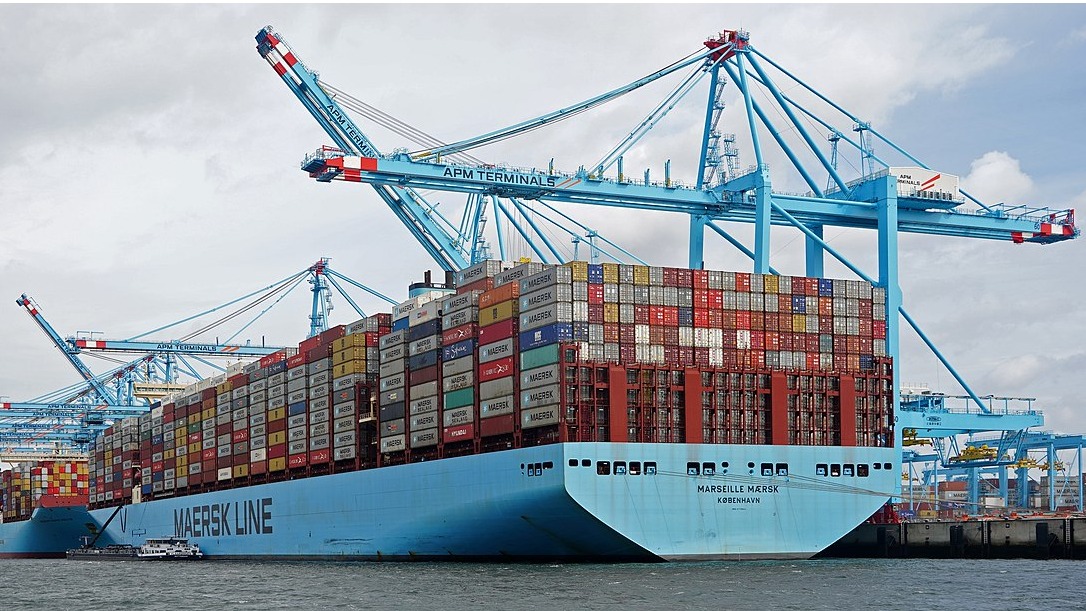Chancellor Rachel Reeves has announced a review of Britain's Low Value Import scheme, which currently allows goods worth up to £135 to enter the country without customs duties, following concerns raised by major UK retailers about the risk from cheap imports.
The review comes as the UK prepares for a potential flood of low-cost goods, particularly from China, following Donald Trump's trade war with Beijing and the US decision to end its own similar import scheme.
"Retailers can see through the actions we have taken today around low-value imports that we are absolutely standing up for the British high street against the dumping of cheap imports of products that undercut British retailers," Reeves said at the IMF and World Bank spring meetings in Washington.
The UK's review would align it with both the US and EU, which have already announced plans to end their own "de minimis" programmes. The US will stop allowing parcels from China and Hong Kong to use its scheme from 2 May, while the EU plans to close its similar programme by 2028.
Major retailers welcomed the announcement. Helen Dickinson, chief executive of the British Retail Consortium, said: "A review of this policy, which was designed to reduce the burden on low volume, low value imports, was already needed. With retailers seeing a rise in the number of potentially non-compliant products entering the UK market, it's even more critical now."
Theo Paphitis, retail entrepreneur, described it as "a much-needed injection of confidence for retailers" and "a welcome, positive and strong step in the right direction by the chancellor."
George Weston, chief executive of Associated British Foods, said: "The abolition of the favourable tax treatment of low value imports would be a significant step forwards in the government's support for British businesses."
However, smaller businesses have raised concerns about the impact on their exports. Tina McKenzie from the Federation of Small Businesses cautioned that scrapping the relief "risks making SME-friendly, low value exporting harder for small businesses across the world and will ultimately lead to higher prices for consumers."
The government also announced immediate steps by the Trade Remedies Authority to protect British businesses, including enhanced monitoring of trade data to spot import surges and faster implementation of measures to deter harmful imports.
Business and trade secretary Jonathan Reynolds said: "This government won't stand idly by while cheap imports flood our markets and harm British industries."
Latest News
-
£33m BrewDog sale to Tilray triggers 484 job losses
-
Modella plans restructuring of TG Jones estate
-
Pepco Group launches app in Poland
-
Topshop holds ‘world’s first’ AI-driven shoppable fashion show
-
Locker firm warns failed deliveries are draining UK shoppers’ time and wellbeing
-
Ocado to cut 1,000 jobs in £150m overhaul
Beyond Channels: Redefining retail with Unified Commerce
This Retail Systems fireside chat with Nikki Baird, Vice President, Strategy & Product at Aptos will explore how unified commerce strategies enable retailers to tear down these barriers and unlock new levels of operational agility and customer satisfaction.
The future of self-checkout: Building a system that works for consumers and retailers
In this webinar, industry leaders discussed what the future of self-checkout looks like and how retailers can make the technology work for everyone.
© 2024 Perspective Publishing Privacy & Cookies





.png)






Recent Stories